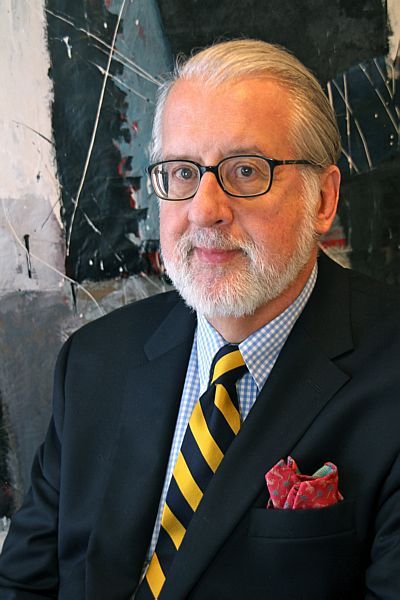Paulo Sérgio Pinheiro (1944- )

Another close friend and another Paulista. He was a political scientist of great talent—again ambidextrous in French and American culture. He specialized in trying to decode (along with the rest of us) the elusive Brazilian political labyrinth.
A very generous friend and colleague, he gave a close (and very helpful) reading of one of my books in manuscript. He was a meticulous scholar with a most reliable memory and an elegant style (again showing the French influence.)
He became a high official in the Ministry of Justice under President Cardoso. He once invited me to a memorable meeting, with his staff at the Ministry. They briefed me on all they were doing to draft legislation to fight racial discrimination in Brazil. It was a late-coming and very impressive effort and it was getting fierce criticism from Brazilian rightists. He knew of my interest in the subject of race relations in Brazil (didn’t earn me any plaudits from the right either) and that I had been a consultant on Brazil’s racial matters for the Ford Foundation office in Rio.
For all his academic exploits, Paulo is even more distinguished as a fierce defender of human rights. He began under the military dictatorship (he got many death threats) and continued, very effectively, in the Ministry of Justice. He has been indefatigable in the attempt to bring to justice the military and police torturers who so sullied Brazil’s reputation. He went on to be a leader in several human rights agencies on several continents.
I was very proud of the fact that I was consulted when we recruited him to accept a faculty appointment at our Watson Institute when I was at Brown University. He came for several semester visits and was tremendously effective as a teacher and colleague. He added to our university’s very good standing in the area of scholarship on Brazil, due partly to our nationally recognized Department of Portuguese and Brazilian Studies.
That grew even more when Fernando Henrique Cardoso (after his presidency) came for a stay and participated in a seminar with us. Paulo convinced him that he would find it more congenial than some fancier universities (which shall remain nameless). It was—I am happy to say!
Paulo also succeeded in attracting famous Europeans, such as E. J. Hobsbaum, to lecture in Brazil. Such visitors leavened the omnipresent cultural influences of the U.S.—some good and not so good.
Paulo was also a great mentor to my students from Wisconsin and Brown.
He exhibited that combination of intellectual acuity and patience (“Calma, sempre calma no Brasil”). He was a major figure among the younger generation of Brazilian youth who had been introduced to despair in the wake of the military dictatorship.
His unmistakable enthusiasm was refreshing whenever I was with him—which was often.
Further Readings
Pinheiro, Paulo Sérgio. Democratic Consolidation and Human Rights in Brazil. Notre Dame, Ind.: Helen Kellogg Institute for International Studies, University of Notre Dame, 1998.
Pinheiro, Paulo Sérgio. Situation of Human Rights in Myanmar: Report of the Special Rapporteur, Paulo Sérgio Pinheiro. Geneva: UN, 7200.
Pinheiro, Paulo Sérgio. World Report on Violence against Children. Geneva: UN, 2006.
Paulo Sérgio Pinheiro was born in the city of Rio de Janeiro. He pursued a legal career as a diplomat and worked with the United Nations as a member of the Sub-Commission on the Promotion and Protection of Human Rights. During Fernando Henrique Cardoso’s presidency, Pinheiro served as Secretary of State for Human Rights. In 2012, he became a member of President Dilma Roussef’s Brazilian Truth Commission, which investigates human rights violations perpetrated by the military dictatorship (1964-1985). Pinheiro is also a visiting professor at Brown’s Watson Institute for International Studies.

